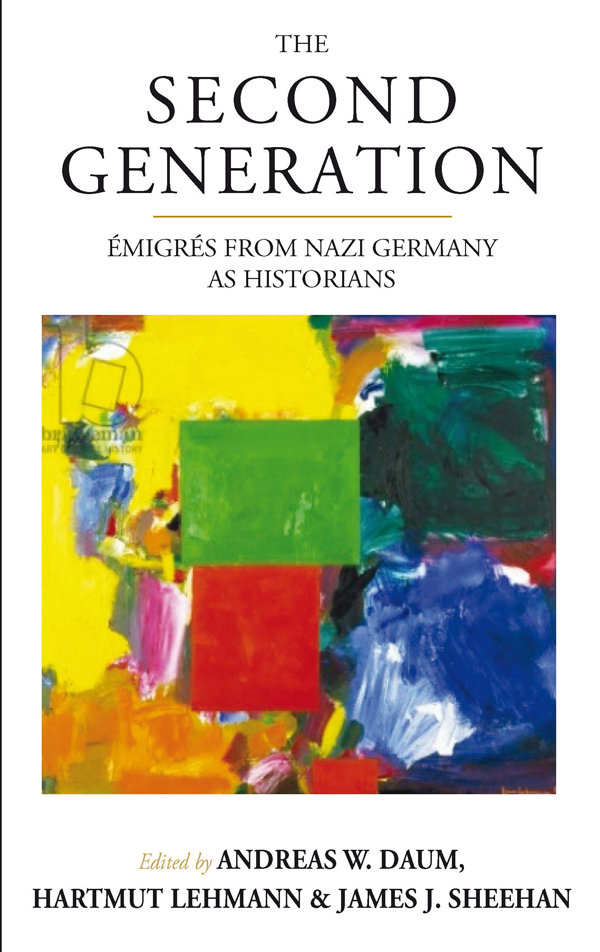Of the thousands of children and young adults who fled Nazi Germany in the years before the Second World War, a remarkable number went on to become trained historians in their adopted homelands. By placing autobiographical testimonies alongside historical analysis and professional reflections, this richly varied collection comprises the first sustained effort to illuminate the role these men and women played in modern historiography. Focusing particularly on those who settled in North America, Great Britain, and Israel, it culminates in a comprehensive, meticulously researched biobibliographic guide that provides a systematic overview of the lives and works of this second generation.


